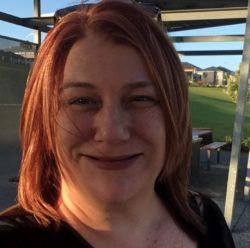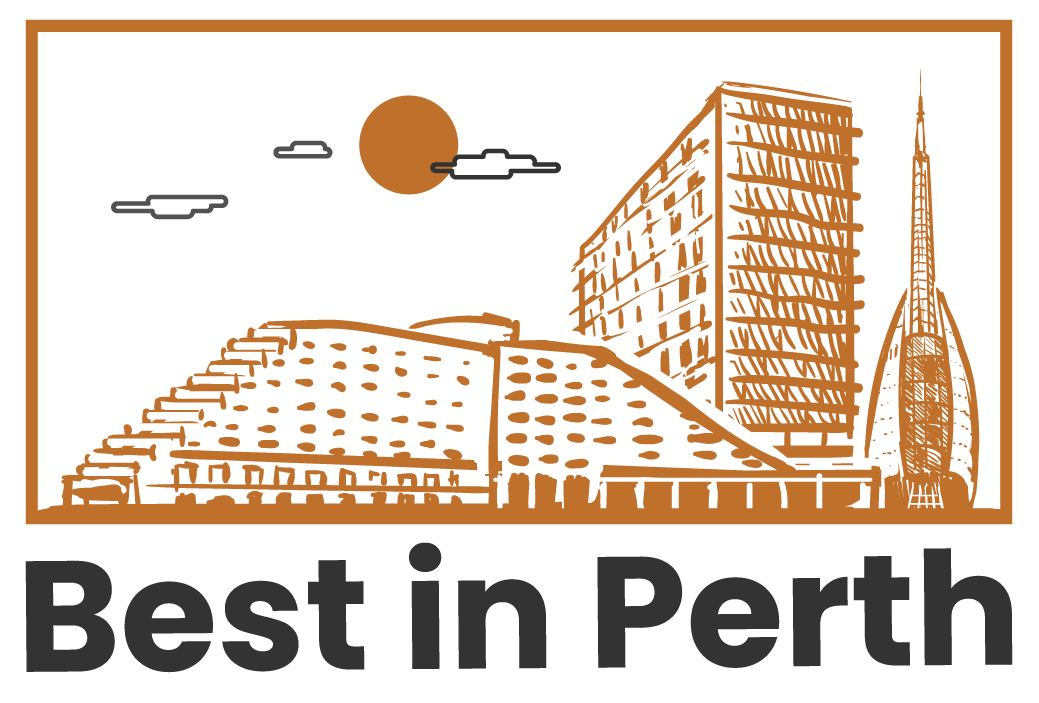No one plans for divorce. How do you cope?
It's over... you are having the DIVORCE conversation.
Remember when you were young and some special guest speaker came in and asked who was going to get married? And everyone put their hand up. How many kids you might want to have? Where you wanted to live? Generally no-one asked the question – who is planning on getting a divorce? Once we're having that conversation, it seems like we are often in the middle of a crisis.
In Australia now 1 in 3 marriages will end in divorce. The median age is 43 for women and 45 for men getting a divorce. Most people who separate have been married less than 10 years. It’s something many of us are going to, or have experienced. Women tend to initiate divorces more frequently than men with 35% of divorces being a joint agreement.
Apart from going to the lawyer there are few resources available to support people going through the emotional process of separating during divorce. The confusion of why is this happening to me. Feeling relieved or anxious and upset. How to manage all the practical things and start healing as well. How to communicate with my ex? What happens if we briefly reconcile – can we make it work again?
If you’re trying to process the aftermath of an affair, Mariyon will work constructively to help you understand and work with you to strengthen your relationship or to examine what your options are. Men and women are welcome.
Feel free to call Mariyon on
0430 183 893 for a preliminary chat and see if she can help.
Mariyon Slany Psychotherapist Blog











